Study finds all-electric rideshare fleet could reduce carbon emissions, but increase traffic issues
Green Car Congress
JUNE 23, 2023
Major ridesourcing companies Uber and Lyft have promised all-electric fleets by 2030 in an effort to reduce their carbon footprint. Previously, researchers calculated that rideshare companies’ carbon footprints could significantly decrease by fully electrifying their fleets.




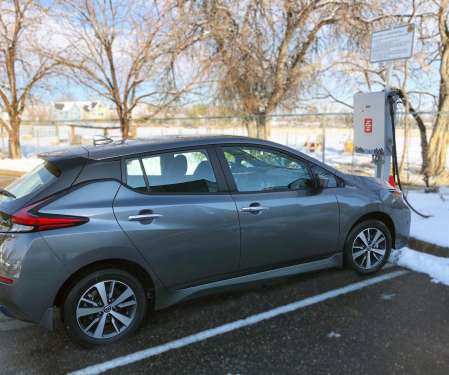





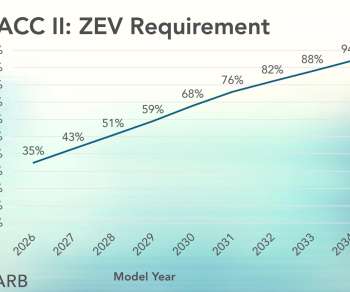











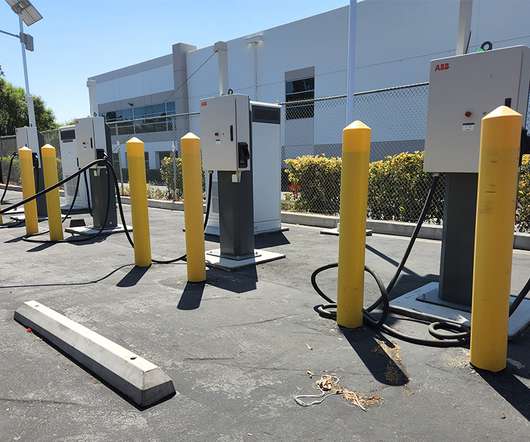

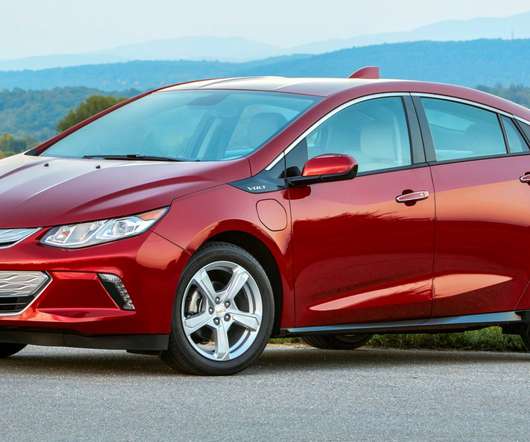




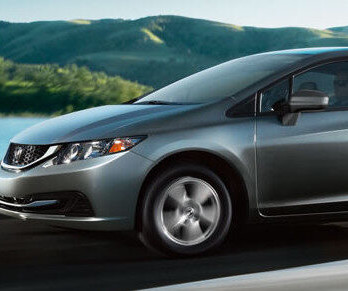
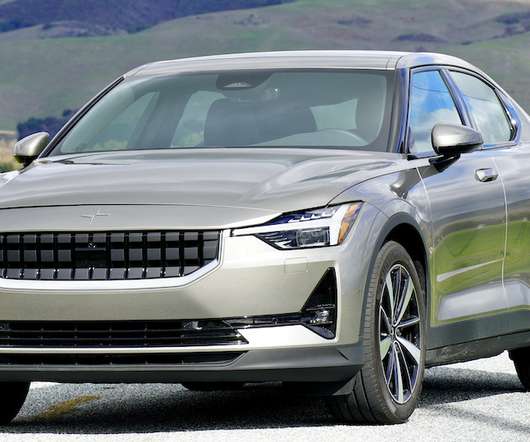



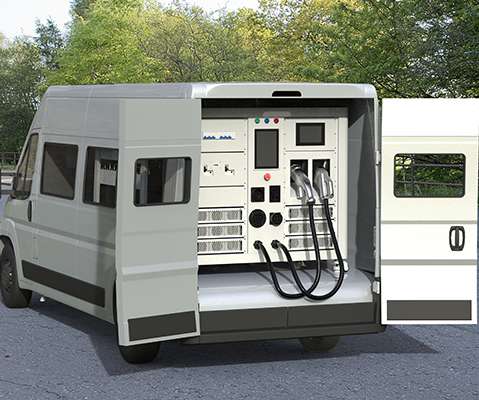







Let's personalize your content